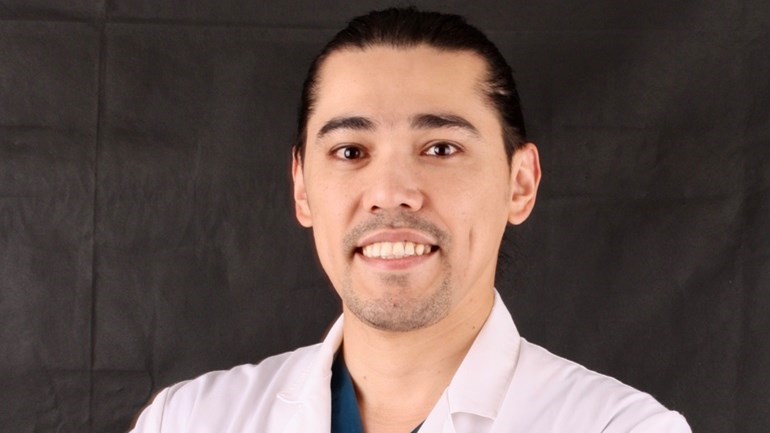New knowledge can improve care for patients with serious oral and jaw problems

Ibrahim Oghli’s doctoral thesis looked at how problems or discomfort in mouth, jaw or face affect quality of life.
One in four Swedes suffers from multiple oral and jaw problems at the same time, which significantly affects their quality of life. Now, new knowledge presented in Ibrahim Oghli’s doctoral thesis can help improve care for these people.
Pain or discomfort in the mouth, jaw or face (known as orofacial disorders) is one of the most common reasons patients seek dental care. Ibrahim Oghli’s doctoral thesis looked at how problems or discomfort in these parts of the body affect quality of life – with a particular focus on pain or issues in the jaw joint.
The study, based on self-reported answers by a random sample of Swedes, shows that two in five people suffer from bad breath, while around one in five suffer from various jaw problems and dry mouth. Just under one in twenty people say they suffer from burning mouth syndrome.
Comorbidity is also common, the study shows. More than one in four people asked reported suffering from several of these conditions at the same time with parallel problems in the jaw and mouth having the greatest negative impact on oral health and quality of life. Individuals experience a significant deterioration in their quality of life as the different problems reinforce each other; the more comorbidities, the worse the quality of life.
Ibrahim Oghli’s work has also focused on examining the jaw function of individuals. Among other things, he has found that older people and people with dentures are more likely to have poor jaw function than other adult Swedes.
As a result, he has emphasised the importance of taking age and dental status into account when assessing jaw function – and has developed guidelines for jaw function that can be used to support various clinical examinations and decision-making processes. These guidelines provide dentists and other healthcare providers with a better tool for assessing and treating various orofacial conditions.
The research can provide an understanding of how common orofacial disorders are, how they affect everyday life and what factors can predict long-term effects by combining data from cross-sectional studies and long-term analyses, the thesis concludes.
The thesis: Jaw Function and Oral Health Related Quality of Life

